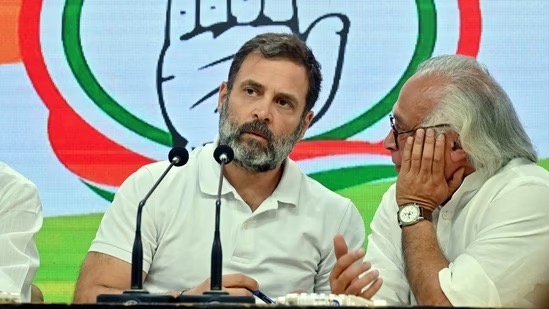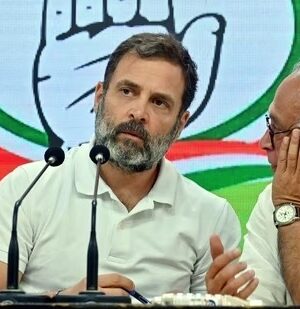In a recent social media post, Rajya Sabha member and seasoned advocate Mahesh Jethmalani has put forth ten pointed questions to senior Congress leader Jairam Ramesh regarding the modified route of Rahul Gandhi’s forthcoming “Bharat Nyaya Yatra.” Notably, Jethmalani has expressed reservations about the exclusion of Arunachal Pradesh from the yatra’s itinerary, prompting concerns about the party’s stance on the region.

Highlighting the significance of Ramesh’s historical positions on Arunachal Pradesh, Jethmalani emphasized that the former environment minister in the UPA government had advocated for a comprehensive review of all existing hydel projects in the state and a halt on new ones. The Rajya Sabha member underscored the potential implications of these views over the years.
Jethmalani’s series of questions delve into various aspects of the Congress party’s decision-making process and raise doubts about the altered yatra route. Among the key concerns, he has specifically questioned the party’s decision to forge a Memorandum of Understanding (MoU) with the Chinese Communist Party back in 2008, seeking clarity on the implications of such a move.
The senior advocate did not mince words in his social media post, describing Ramesh’s views on Arunachal Pradesh as “ominous reading.” The omission of the state from Rahul Gandhi’s yatra route has sparked speculation and calls for transparency regarding the party’s stance on the region.
As the political landscape continues to evolve, Jethmalani’s pointed questions serve as a reminder of the need for openness and accountability within political parties, especially concerning sensitive geopolitical issues. The altered yatra route and the historical context provided by Jethmalani’s inquiries underscore the importance of addressing concerns raised by both internal and external stakeholders.
The evolving narrative surrounding Rahul Gandhi’s Bharat Nyaya Yatra and the questions posed by Mahesh Jethmalani reflect the complexities inherent in Indian politics, emphasizing the ongoing need for transparency and clarity in decision-making processes within political entities.










